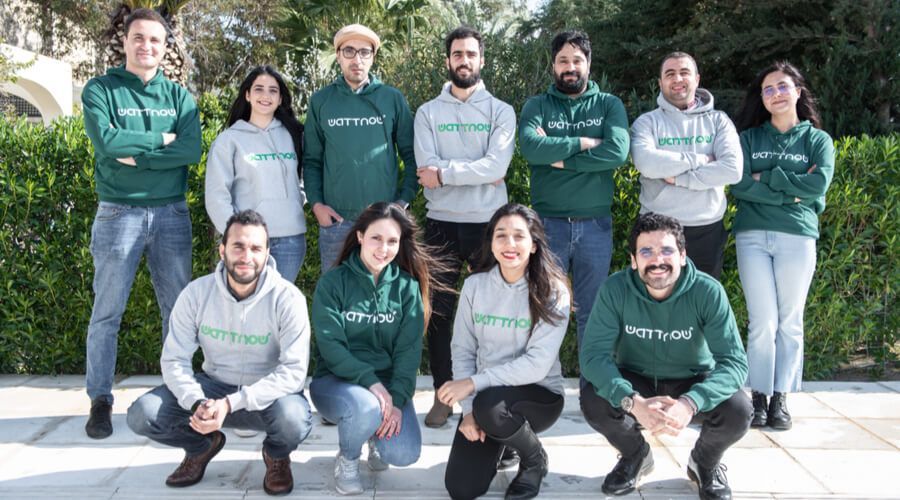Wattnow raises $1.3 million in pre-Series A round

Tunisia-based IoT energy management solution, Wattnow, has announced it closed a $1.3 million pre-Series A funding round. Katapult Climate and 216 Capital led the round. from Launch Africa Venture alongside Cross Boundary, Oman Technology Fund and a business angel from Saudi Arabia all participated in the round.
Wattnow is a real-time monitoring solution launched in 2017 by Issam Smaali. The startup focuses on providing a breakdown of energy spending to identify wasteful trends
Despite the pandemic, the startup managed to keep its exponential sales growth, scoring market leaders in its portfolio. This growth came across several sectors, such as retail, telcos, or banks, and industries, such as aeronautics, cement plants, or even pharmaceuticals.
“In a world where energy costs are increasing week after week Wattnow’s platform and technology have the potential to help businesses reduce significantly their energy bill but also their impact on the environment. We are very excited to support Issam and the Wattnow team in their exciting journey” — Dhekra Khelifi partner at 216 Capital.
Wattnow was included in the SET100 list of the world’s top 100 energy firms in 2021, making it one of the first north African startups to make the cut. The startup also participated in Plug and Play Morocco and Plug and Play Middle East’s T5 SDAIA Smart Cities Accelerator.
After seeing rapid expansion in their home market of Tunisia, Wattnow is expanding its client base into Africa and the Middle East, while keeping an eye on areas with the potential for the greatest environmental effect.
“These funds will play a major role in helping us take Wattnow to the next level. As a 100% Tunisian start up, the whole team is very proud to have been able to make it to this stage, and the best is yet to come, I’m sure”. — Issam Smaali, CEO of Wattnow
Besides boosting local sales serving a variety of segments, Wattnow will be deploying a part of the funds into its internationalisation, targeting markets in Africa and in the Middle East, while always keeping an eye on where the environmental impact can be the highest.
